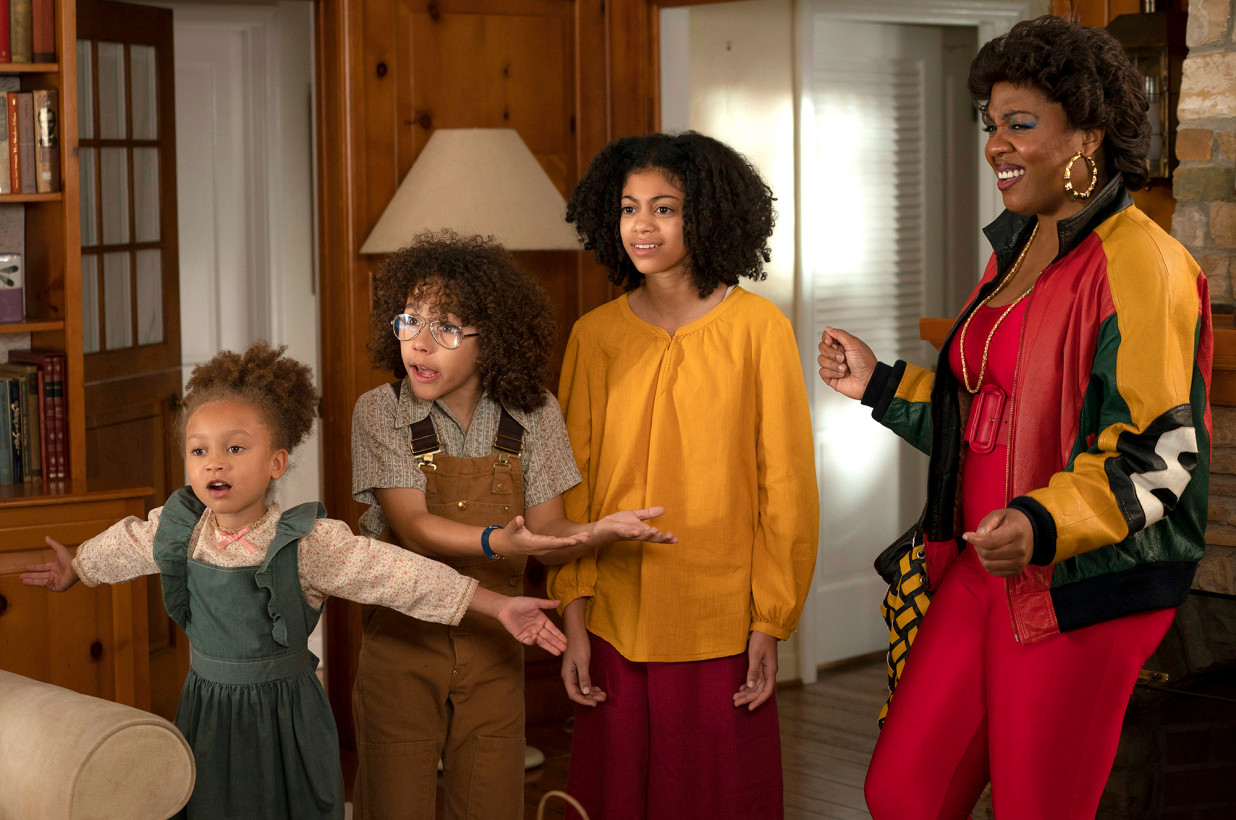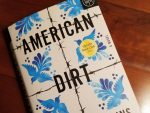ABC’s “Mixed-ish,” the prequel spin-off of “Black-ish,” released its official trailer earlier this year, and the fans weren’t very welcoming. Around that time, I decided to document my reaction to the newest fall comedy in one of my first Study Breaks articles. As a biracial young woman, I mentioned fans’ opposing opinions and concluded with my thoughts on the show’s overall premise. But regardless of people’s initial eagerness or annoyance, “Mixed-ish” remained a mystery. The only details viewers could grab were weaved into the limited trailers and cast interviews. Now, after months of anticipation, “Mixed-ish” is finally here, but is it here to stay?
“Mixed-ish” premiered at 9 p.m. on Tuesday, right before the season premiere of “Black-ish.” The spin-off takes viewers back to 1985 when 12-year-old Rainbow Johnson, the mother on “Black-ish,” and her interracial family lived on a commune.
https://www.youtube.com/watch?v=Tv0C2yWFcWM
For Rainbow, also known as Bow, the commune was a beautiful, safe and generous community that promoted nothing but peace, love and unity. The serene attitude that surrounded Bow and her two younger siblings, Johan and Santamonica, prevented them from understanding social concepts like race, ethnicity and culture. As far as they were concerned, everyone loved each other regardless of their differences.
Bow and her family enjoyed their harmonious habitat until the government dismantled it. Suddenly, Rainbow, her parents and her siblings were forced to move to the suburbs. Now the family must adjust to living in a civilization filled with hatred, patriarchy, stereotypes and labels. And yes, all of them, including the parents, struggle to find their place in society.
Even though the backstory is silly and far-fetched, it establishes the characters’ hopelessly innocent perspectives. For example, when Bow, Johan and Santamonica go to school for the first time, their fellow students start questioning their race. When someone asks, “What’re you weirdos mixed with?” Bow responds with the show’s pinnacle question, “What’s mixed?”
“When you’re telling the mixed story, you have these two different experiences, two different heritages, two different worlds,” Tracee Ellis Ross, the show’s executive producer, said during an interview on “The Daily Show with Trevor Noah.” “How do you, within that world, define yourself? I think a lot of us experience that whether it’s because you have two different races or heritages that you come from, but [it’s] when you feel other-than.”
In an attempt to find the most authentic and honest comments from biracial and monoracial people alike, I searched the hashtag #mixedish on Twitter and Facebook during the premiere, and what I found was both expected and surprising.
The vast majority of the negative feedback did not pertain to the show’s context. Instead, people focused on the casting of actress Tika Sumpter as Bow’s mom, Alicia. Sumpter is an African American woman with a darker complexion, but the actress who played Bow’s mom in “Black-ish,” Anna Deavere Smith, has a noticeably lighter complexion. When the “Mixed-ish” trailer first aired, people complained that this casting decision revolved around the issue of colorism, and it seems as though they’re still angry.
People were calling this drastic change the “reverse Aunt Viv” or the “Aunt Viv treatment.” They were referring to when “The Fresh Prince of Bel-Air” replaced the original actress who played Aunt Viv with another actress who had a much lighter complexion.
https://twitter.com/RayneRaynGoaway/status/1176666211901460480
In an attempt to clear the air, Sumpter spoke to The Root about the criticism.
“I don’t know if it’s reverse Aunt Viv, but what I do know is the creators of the show wanted to serve the story, and the story for them is fully around a brown-skinned woman as the mom,” Sumpter said. “It does serve what we’re doing, and I hope everybody sees it and they get it.”
On a positive note, many social media users enjoyed watching Sumpter play Alicia Johnson. They applauded the way her character handled the adjustment to civilization by using her law degree to get a job at her father-in-law’s firm. Her husband, Paul, was upset that she tried conforming to society’s standards, but Alicia didn’t back down.
“I can only be the way that I was on the commune. Anywhere else I’m a black woman. It’s different for me, and it’s different for our kids,” Alicia said to her husband. Twitter users said it was one of the most memorable lines of the episode.
Some excited fans started quoting funny lines and choosing their favorite characters. One particular character who earned some much deserved attention was Santamonica, Bow’s sassy little sister.
Her witty and mature comments made viewers forget her youthfulness. She pranced around in her Madonna-inspired costume with confidence and pride. She even quoted the icon by saying, “We are living in a material world, and I’m a material girl.”
Other notable characters the fans gravitated toward were Paul’s wealthy father, Harrison, and Alicia’s sister, Denise. Harrison, played by Gary Cole, is a snobby lawyer with a strong opinion against hippies. He’s an All-American kind of guy who firmly stands by the Second Amendment, along with just about everything his liberal son hates. Harrison constantly belittles Paul’s decision to start his family in a commune. He’s also one of the first family members to try to convince Paul and Alicia that they must adapt to their lives or else they’ll never last in the real world.
The other family member who tries steering the Johnsons in a new direction is Denise. Also known as Aunt DeeDee, she’s a passionate woman who wants to see her nieces and nephew thrive as black children. Denise understands that Bow, Johan and Santamonica need to mold into the status quo if they’re ever going to feel included at school. She brings products for the kids’ hair, and she suggests that they buy new clothes and lose their homemade outfits.
Denise tries to tell her sister that the kids need to embrace their black culture, but Alicia argues that they don’t have to “pick a side.” But, much to Alicia’s surprise, Denise says that the world has already picked their side for them.
https://www.instagram.com/p/B23ACZJFdqQ/?utm_source=ig_web_copy_link
On that note, I’m curious to see how Bow decides who she should be, who she needs to be and who she wants to be. Out of the three children, she’s struggling the most to find her way as a mixed individual. By the end of the first episode of “Mixed-ish,” Bow realizes that while her family doesn’t see race, everyone else continues to make their preconceived notions based solely on what she looks like.
















